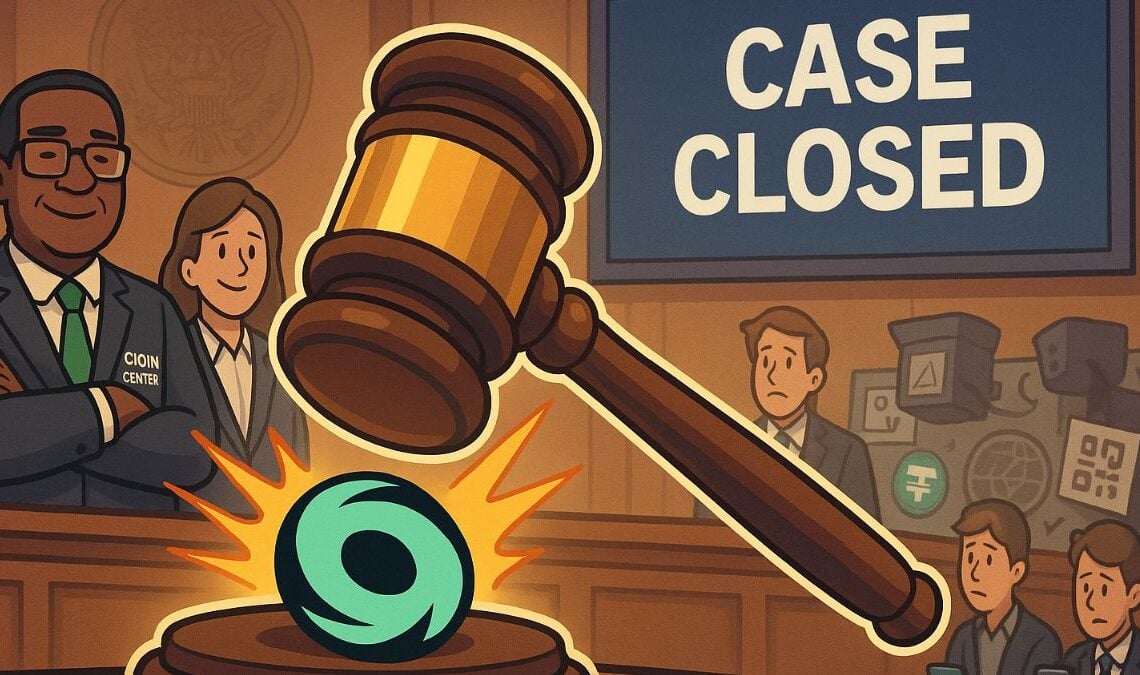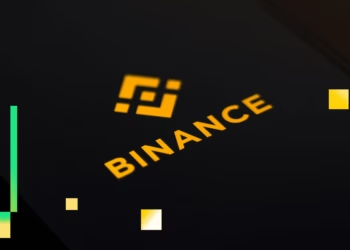The long-standing legal dispute over Tornado Cash sanctions has come to an end, as the U.S. government officially dropped its appeal in the lawsuit brought by Coin Center. This final decision marks a pivotal moment in the ongoing debate around financial privacy, open-source technology, and regulatory overreach in crypto.
Table of Contents
ToggleCoin Center’s Lawsuit Comes to a Close
The case began after the U.S. Treasury’s Office of Foreign Assets Control (OFAC) sanctioned Tornado Cash in 2022, claiming the Ethereum-based privacy protocol facilitated money laundering activities by the North Korea-linked Lazarus Group. In response, Coin Center, a nonprofit focused on crypto rights, filed a legal challenge questioning the constitutionality of sanctioning autonomous code.
Source: US Court of Appeals for the 11th Circuit
The core argument was that the Tornado Cash sanctions violated First Amendment protections and exceeded OFAC’s statutory authority, since Tornado Cash is not a person or organization, but rather a decentralized collection of immutable smart contracts.
On July 7, Peter Van Valkenburgh, Coin Center’s Director of Research, confirmed via X that the government had dropped its appeal:
This is the official end to our court battle over the statutory authority behind the TC sanctions. The government was not interested in moving forward and defending their dangerously overbroad interpretation of sanctions laws.
— Peter Van Valkenburgh (@valkenburgh) July 7, 2025
Thank you again to our co-plaintiffs:…
“This is the official end to our court battle over the statutory authority behind the TC sanctions. The government was not interested in moving forward and defending their dangerously overbroad interpretation of sanctions laws.”
A Precedent for Privacy and Code
The Tornado Cash case attracted global attention because of its implications for open-source development and privacy rights. By sanctioning a protocol rather than individuals, critics argued, the U.S. government set a dangerous precedent that could criminalize code itself — an idea many developers and legal experts found deeply troubling.
Coin Center’s case was supported by several co-plaintiffs, including software developer Patrick O’Sullivan and privacy-focused organization Trustless State. Their collective defense aimed to push back against the idea that using crypto for private transactions is inherently criminal.
Government Withdrawal Leaves Key Issues Unresolved
While the appeal being dropped ends the specific case, it leaves broader questions about regulatory limits and crypto privacy unanswered. The decision avoids further court clarification on whether smart contracts can or should be treated as sanctionable entities.
As Van Valkenburgh noted, this outcome is “bittersweet.” While Coin Center succeeded in forcing the government to retreat, no judicial precedent was established to prevent similar actions in the future.
Tornado Cash Sanctions and the Future of Web3 Privacy
The Tornado Cash sanctions continue to have ripple effects throughout the Web3 ecosystem. Developers remain concerned that publishing or interacting with privacy protocols may expose them to legal risk. Meanwhile, global regulatory scrutiny of DeFi and privacy tools is intensifying, especially in jurisdictions like the EU and Singapore.
Still, Coin Center’s fight has not been in vain. It drew critical attention to the issue of sanctioning code, and built awareness of the need for clear legal protections in the age of decentralized software.










